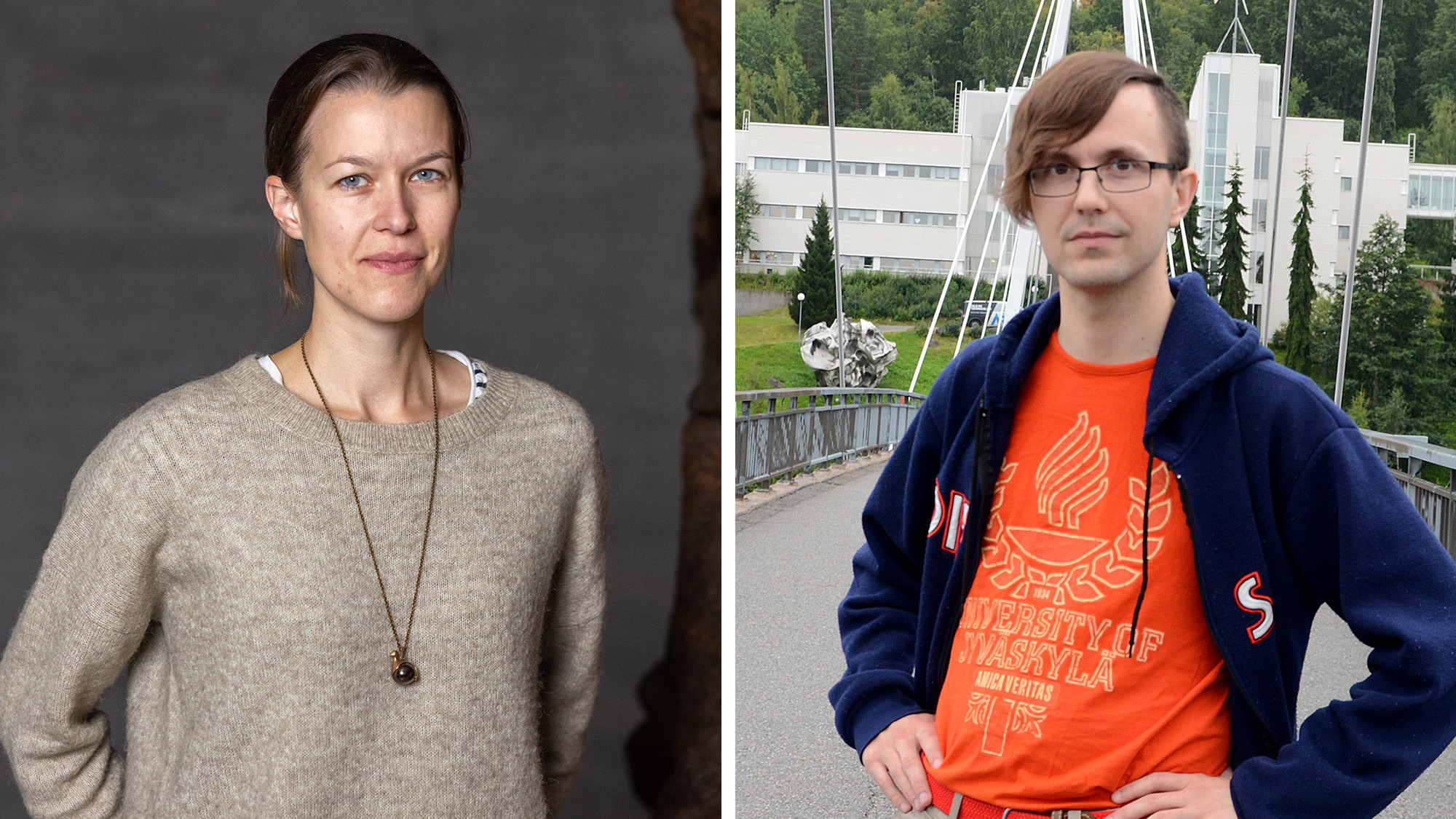Forms of support for setting up a research group are rare in Finland. The first Väisälä project grants in the history of the Finnish Academy of Science and Letters, worth €150 000, were open for applications this spring.
The piloted project grant is intended for researchers working in Finland at the early stages of the tenure track (assistant professor level) to set up their research group and cover the group’s research costs. The funding provided by the Academy is flexible and can be tailored to the applicant’s needs.
“Forms of support for setting up your own research group are generally quite rare in Finland. We are pleased to now be able to support this crucial step in the career of a researcher,” says President of the Governing Board of the Academy Professor Kimmo Kaski. “Every year, the Finnish Academy of Science and Letters awards more than two million euros in grants to a wide range of disciplines, especially to researchers working on their doctoral thesis. This new grant allows us to support the career path of researchers even more extensively than before.”
Eligible disciplines are the fields under the Vilho, Yrjö and Kalle Väisälä Fund of the Academy: physics, geophysics, mathematics, meteorology and astronomy. The promotion of multidisciplinarity was considered an advantage in the applications.
The three-year project grant worth 150,000 euros was awarded to two researchers. The awarded grants will be used to study the physics of soft, living and fluid materials, and the internal structures of celestial bodies.
Matilda Backholm works as an assistant professor at the Department of Applied Physics, Aalto University. Her research group, Living Matter, examines the physics of soft, living and fluid materials.
Backholm’s research group develops new, experimental methods and theoretical models for studying the forces, flows and dynamics of small living organisms. The goal is to address big questions at the interface between physics and biology. The results of the research could enable the development of new technologies that mimic biological systems for the medical field and the development of food production in cooperation with plant breeding companies.
“As a new assistant professor, this project grant is extremely important to me. It allows me to expedite my research and expand my research group, in addition to venturing into a new and exciting area of research, the dynamics of microscopic plant roots,” says Backholm. “I am extremely grateful for this opportunity.”
Joonas Ilmavirta works as an assistant professor at the Department of Mathematics and Statistics, University of Jyväskylä. The aim of Ilmavirta’s project is to build a mathematical theory that would enable the reliable deduction of the internal structures of other celestial bodies besides our home planet. The focus is on seismic measurements and how seismic wave behaviour depends on the type of planet and its impact on the theory of indirect measurements. Seismic measuring data is actually already available from several planets and moons.
“The Väisälä project grant provides an opening to a new direction that combines the mathematical theory of inversion problems with extraterrestrial seismology. Such research would be more difficult to fund with more conservative funding models,” says Ilmavirta. “This bridge-building serves both fields and allows them to benefit from each other in the long run.”
More information:
Kimmo Kaski
President, Finnish Academy of Science and Letters
kimmo.kaski@aalto.fi
tel. 050 560 4825
Matilda Backholm
Assistant Professor, Aalto University
matilda.backholm@aalto.fi
tel. 050 308 7488
Joonas Ilmavirta
Assistant Professor, University of Jyväskylä
joonas.ilmavirta@jyu.fi
tel. 050 340 2325

